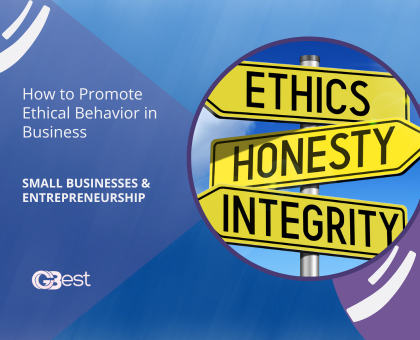Every aspect of our daily life involves work in some capacity. Our salary makes sure the lights are kept on, that there is food on the table, and that the rainy-day fund is fully stocked. Nobody is underestimating the significance of making enough money to earn a living, especially with the impending cost of living problems and rising energy costs on everyone’s minds. It just makes establishing a balance between work and life more difficult!
Many of us understand the concept of work-life balance naturally, yet it can be difficult to maintain when caught up in the hassle of deadlines and early mornings.
Expectations accumulating on one side of the scale and taking over our days are a feeling that we’ve all experienced. On the opposite end of the range, you might also be familiar with the sensation of unsatisfied goals and desires. People are gradually dragged into an ambiguous state of dissatisfaction and indifference.
People feel more pressure to produce improved outcomes because of the increased expectations of their employers. As people become more aware of the need to find a better balance in their life, these demands seem to have approached a tipping point.
Scientists concur that stress can be innocuous, even helpful in moderation and that the majority of people are capable of handling it. However, rising stress levels can quickly lead to reduced morale, subpar output, and declining job satisfaction. The misuse of sick days, dishonesty, prolonged absences, mistrust, misappropriation, organizational disruption, absenteeism, task procrastination, and workplace bullying are some of the clinical manifestations that are directly related to performance. Depression, substance misuse, marital and financial issues, and staff burnout are additional severe side effects.
Has the importance of work-life balance become clearer?
It is necessary for an employee’s mental, physical, and emotional state that a healthy balance is struck between one’s working conditions and living conditions. Without it, one may as well succumb to the burdens of stressors inside and outside of the workplace.
There are several benefits that can be derived from having a sturdy work-life balance. These include:
- Reduced health problems
Numerous negative effects might result from excessive effort and lengthy hours. These outcomes may include:
- Fatigue: This has a detrimental effect on efficiency and focus. If you frequently make errors or forget obligations, your career and reputation may suffer.
- Pressure and a lack of healthy behaviours can contribute to ill health.
- Relationships are negatively affected. As a result of negligence. One of your main pillars of support as a social creature is damaged by this.
In addition, those who put in up to four hours of extra work have a 60% higher likelihood of developing heart issues compared to those who do not. Additionally, doing any overtime is linked to a worsened perception of general health.
- Increased output
An increase in working hours is directly associated to decreased effectiveness and production. The production of workers drastically decreases after 50 hours or more of work, according to Stanford experts. Additionally, these researchers discovered that even with an additional 15 hours per week, those who work 70 hours per week don’t create any more.
- Reduced burnout
An example of mental fatigue is burnout. It can be an indication that the balance of your work life isn’t ideal. When working conditions and the individual don’t sync, there is a chance of burnout, according to psychologist Jacinta M. Jiménez. She lists six job-person imbalances that have been linked to burnout in research.
These consist of:
- When employment demands are too great for an individual to handle.
- Due to strict regulations, micromanagement, or erratic working circumstances, there is insufficient control over the task.
- Morality conflict occurs when one’s individual values and ideals clash with the demands of their employment.
Burnout is less of an issue when your job and personal lives are in harmony. Overwork and burnout, though, may return if you aren’t careful, depending on your workplace setting. Additionally, although burnout can be treated, doing so is not simple and would require the extra step of creating a healthy work-life balance that is in tune with the individual.
How do we achieve this?
- Treat yourself for some time off when you know you’ve been at the top of your game
- Perfection is possible, but not always achievable. Learn to let go where you must
- Lunch breaks are reminder to take some time for yourself; use them!
- Scheduling. A great way to start creating a healthy work life balance is to set aside work life for work only and focus on you and your personal life when it is called for.
Work-life integration and balance are continual, dynamic processes. As your hobbies and conditions shift with time, you’ll be alternating and adapting continually. You’ll need to develop important talents, like time management skills.
You can help balance your goals and attain a study work-life balance by working with a GBest consultant. Don’t hesitate to ask for advice should you need a helping hand.








